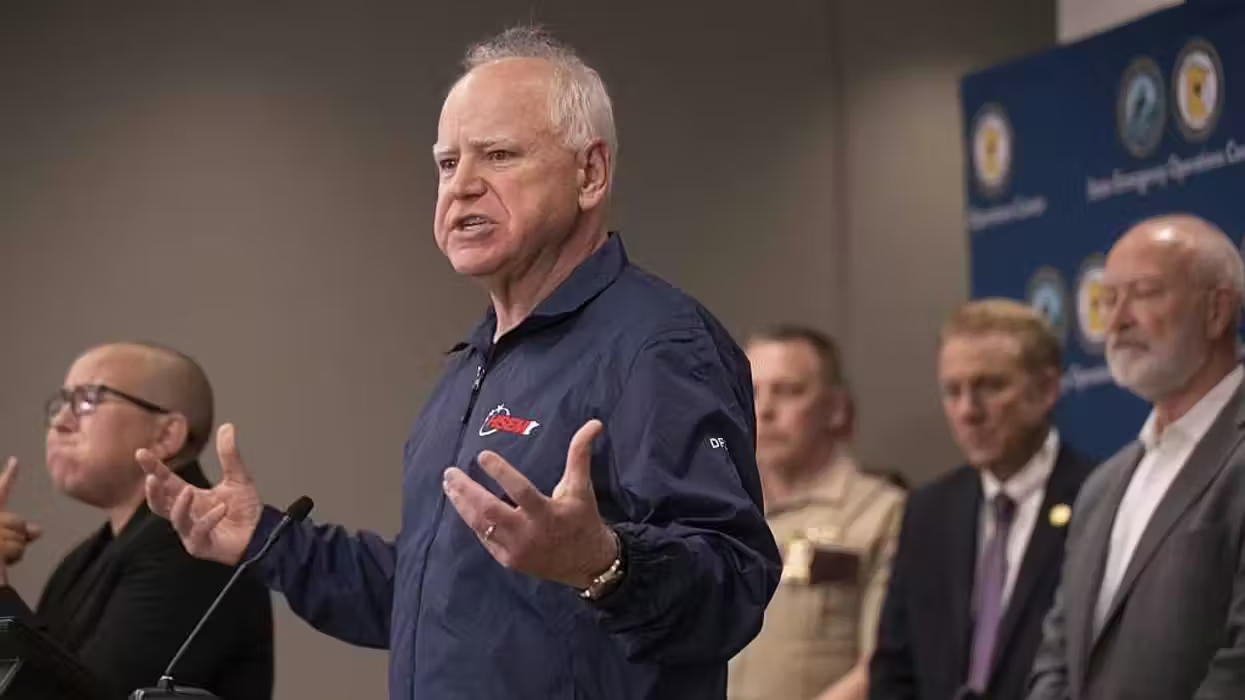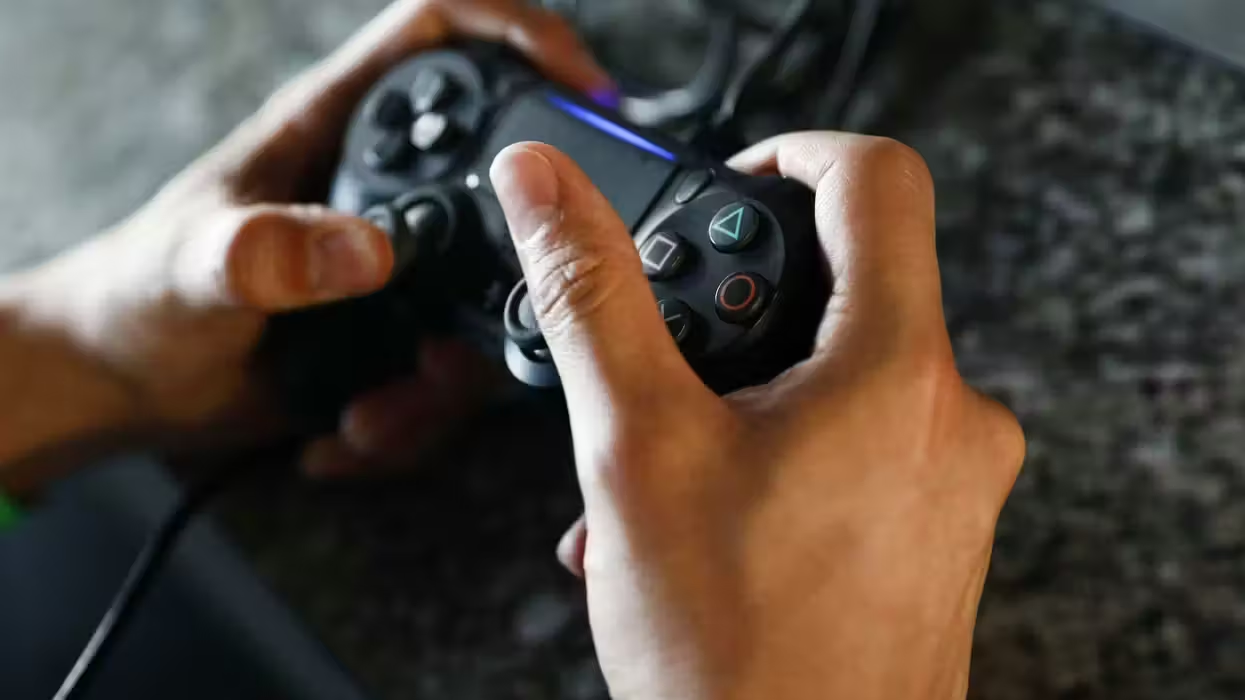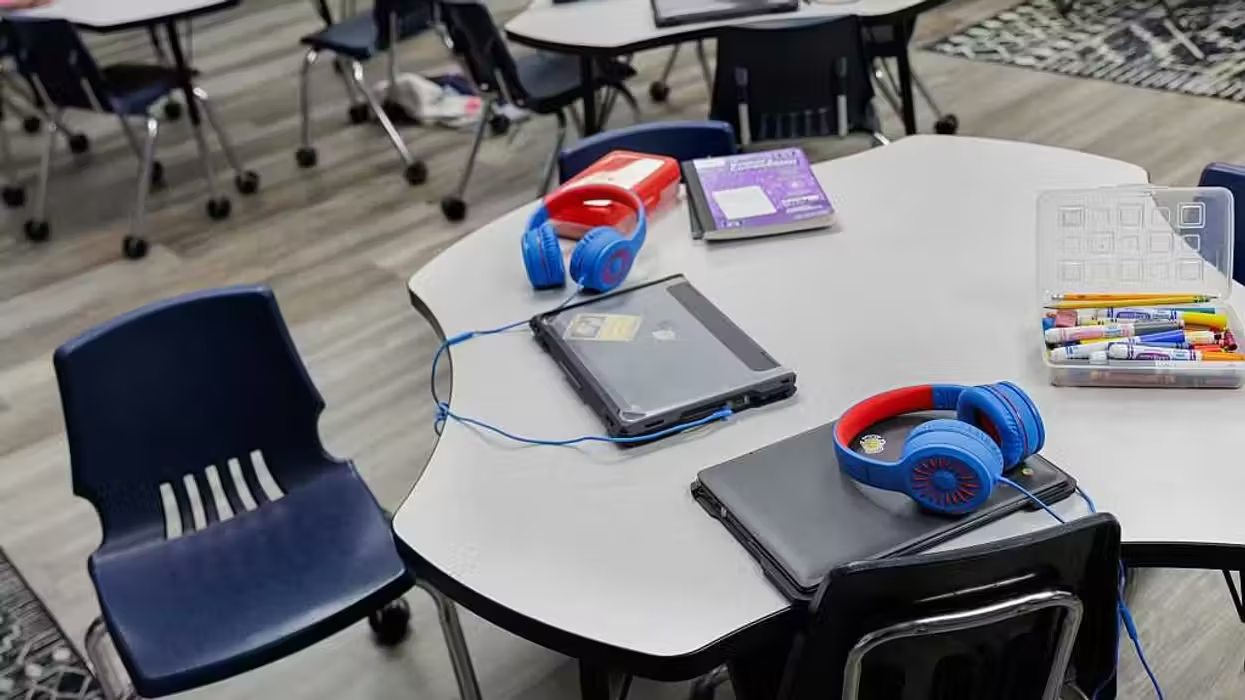The Iraqi government is finally relaxing pressure on the Kurds after their failed independence referendum in September. On Monday, the first international flights landed at Kurdish airports since October of last year, and payments to Kurdish security forces were unfrozen.
The Kurds are one of the largest stateless ethnic groups in the world. They primarily inhabit a region called Kurdistan that stretches across the borders of Turkey, Syria, Iraq, Iran, and parts of Armenia. The Kurds have been at odds with the governments in each of these nations, most notably lately in Syria where Turkish-backed rebels have seized the Kurdish city of Afrin. Turkey viewed Afrin as a threat because of its proximity to the Turkish border.
The referendum received overwhelming support from the Kurdish people themselves. More than 92 percent of them voted to break away from Iraq and form their own state. But the Iraqi government in Baghdad was not ready to give up the territory and, perhaps more importantly, vast oil fields so easily.
After ISIS started gaining strength in Iraq, Kurdish Peshmerga forces were instrumental in driving the terrorists back. In doing so, they managed to take control of the city of Kirkuk and the surrounding oil fields, which Iraqi forces had abandoned as ISIS closed in.
In response, the Iraqi government suspended international flights to Kurdish airports and seized control of oil installations. But over the course of this week the Iraqi government has lifted these restrictions.
During the referendum, both Turkey and Iran threatened retaliation if the Kurds gained independence. The United States and the United Kingdom, who have been allied with the Kurds both in the war against ISIS, called the referendum “deeply disappointing” and tried to discourage the Kurds from carrying out their dreams of self-governance.
In addition to allowing international flights to land in Kurdish airports, the Iraqi government approved $268 million to help pay the salaries of Kurdish Peshmerga. In gesture of goodwill, Prime Minister Haider al-Abadi also made a statement in Kurdish for the celebration of the Kurdish new year, a pre-Islamic celebration that the rest of Iraq does not participate in.
But the prime minister has not always been this agreeable toward the Kurds. Last year, al-Abadi said that the referendum for independence was “against the constitution” and warned that it would “open the door for bloodshed.”







